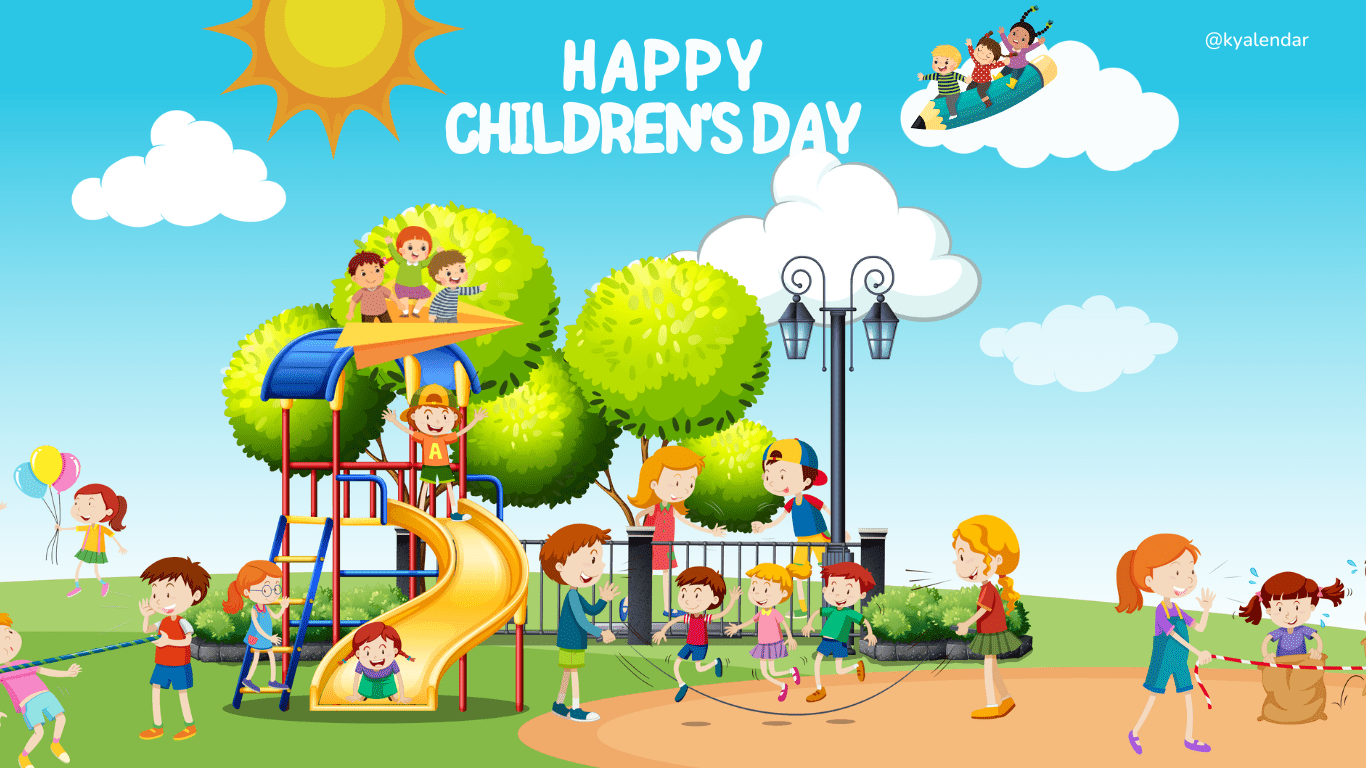
- This event has passed.
National Children’s Day (Nepal)
September 14

National Children’s Day is a special occasion dedicated to recognising and celebrating the importance of children in our lives and society. Observed on various dates across the globe, this day aims to honour the rights, well-being, and happiness of children, while also advocating for their needs and protection.
Significance of National Children’s Day
National Children’s Day serves multiple purposes, each reflecting the different ways societies value and prioritise their youngest members. The day is a reminder of the vital role children play in our communities and highlights the need for their rights to be upheld. It is a time to reflect on the progress made in improving children’s lives and to address the ongoing challenges they face.
- Recognition and Celebration: At its core, National Children’s Day is about celebrating the joy and vibrancy that children bring to our lives. It’s an opportunity to acknowledge their achievements, creativity, and the unique perspectives they offer.
- Advocacy for Children’s Rights: The day also underscores the importance of protecting children’s rights and ensuring they have access to essential services like education, healthcare, and a safe environment. It’s a call to action for communities, governments, and organisations to address issues such as child labour, abuse, and poverty.
- Promoting Well-being: National Children’s Day focuses on the overall well-being of children, including their physical, emotional, and mental health. It encourages parents, caregivers, and educators to provide supportive and nurturing environments where children can thrive.
How National Children’s Day is Celebrated
Celebrations for National Children’s Day vary widely depending on the country and local customs. However, common themes include:
- Educational Activities: Schools and community organisations often host special events such as educational fairs, workshops, and interactive sessions. These activities aim to engage children in learning while also raising awareness about important issues affecting their lives.
- Fun and Games: Fun is a significant aspect of National Children’s Day. Various events such as sports, games, and entertainment activities are organised to give children a day of enjoyment and celebration.
- Family Time: Families are encouraged to spend quality time together, engaging in activities that strengthen family bonds. This might include picnics, outings, or simply enjoying a meal together.
- Community Events: Local communities may organise festivals, parades, or charity events focused on children. These events often include performances, crafts, and other activities that celebrate childhood and raise awareness about children’s issues.
- Advocacy Campaigns: Non-profit organisations and advocacy groups may use the day to promote their causes and campaigns related to child welfare. This could involve public speeches, media campaigns, and fundraising events to support children’s rights and services.
Historical Background and Origins
The concept of National Children’s Day has evolved over time and is rooted in the global movement to protect and promote the rights of children. The origins of such observances can be traced back to early 20th-century efforts to address the needs of children and improve their living conditions.
For instance, the idea of celebrating children and their rights gained momentum with the establishment of the United Nations Convention on the Rights of the Child (UNCRC) in 1989. This international treaty outlines the fundamental rights of children and has been a significant milestone in global child advocacy.
Importance of National Children’s Day
National Children’s Day plays a crucial role in raising awareness about children’s issues and promoting positive change. It serves as a reminder that the well-being of children is essential for the future of society. By celebrating this day, we acknowledge the importance of investing in children’s development and creating environments where they can grow and succeed.
Additionally, the day provides an opportunity to reflect on the progress made in child welfare and to advocate for continued efforts to address challenges such as inequality, neglect, and abuse. It highlights the collective responsibility of individuals, communities, and governments to ensure that every child has the opportunity to lead a fulfilling and healthy life.
Conclusion
National Children’s Day is a meaningful observance dedicated to celebrating the joys of childhood and advocating for the rights and well-being of children. Whether through fun activities, educational events, or advocacy efforts, the day highlights the importance of supporting and nurturing our youngest members of society. It serves as a reminder to cherish the innocence and potential of children and to work towards a world where all children can thrive.
Details
- Date:
- September 14